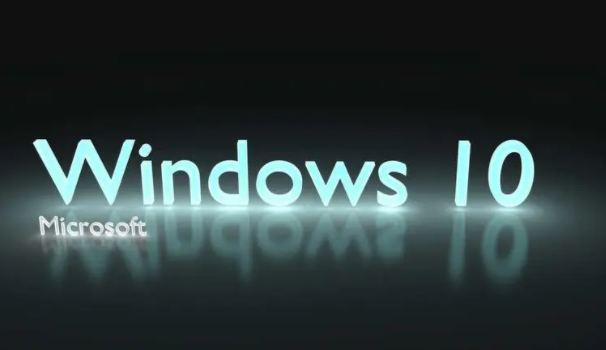Home >System Tutorial >Windows Series >What is the use of disk quota in win10
What is the use of disk quota in win10
- WBOYWBOYWBOYWBOYWBOYWBOYWBOYWBOYWBOYWBOYWBOYWBOYWBforward
- 2024-02-12 15:00:261438browse
In Windows 10, disk quotas provide a function that allows system administrators or super users to control the disk storage space of multiple users accurately. In summary, disk quotas help administrators rationally allocate and effectively control the disk space of the entire system to ensure that all users can share resources fairly. By setting disk quotas for different users, administrators can limit the amount of space a single user can occupy when using a specific disk partition.

What are the uses of win10 disk quotas:
Strict disk usage restrictions
Disk quotas can be applied at the disk partition level, This means that each user can only save data within the space allocated to him. Once this limit is exceeded, the system will automatically prevent the user from performing new writing operations on this partition. This prevents any one user from consuming excessive disk space, allowing other users or other applications to operate normally.
Flexible configuration adjustment
Administrators can adjust quota settings according to actual needs, including the maximum and minimum quota values. This not only ensures that the disk space is fully utilized, but also does not affect the user's good experience due to excessive restrictions.
Enhanced security
In some scenarios, such as FTP servers and multi-account systems, disk quotas can also be used as a security protection method to prevent unauthorized user access or unauthorized access. Modify certain sensitive information. Furthermore, for accounts that are infrequently used or have risks (such as Guest accounts), disk quotas can provide a certain degree of security and reduce possible risks.
Easy-to-implement implementation
In the Windows 10 operating system, the process of implementing disk quotas is simple and efficient, allowing even non-professional users to effectively manage and optimize disk space.

The above is the detailed content of What is the use of disk quota in win10. For more information, please follow other related articles on the PHP Chinese website!

